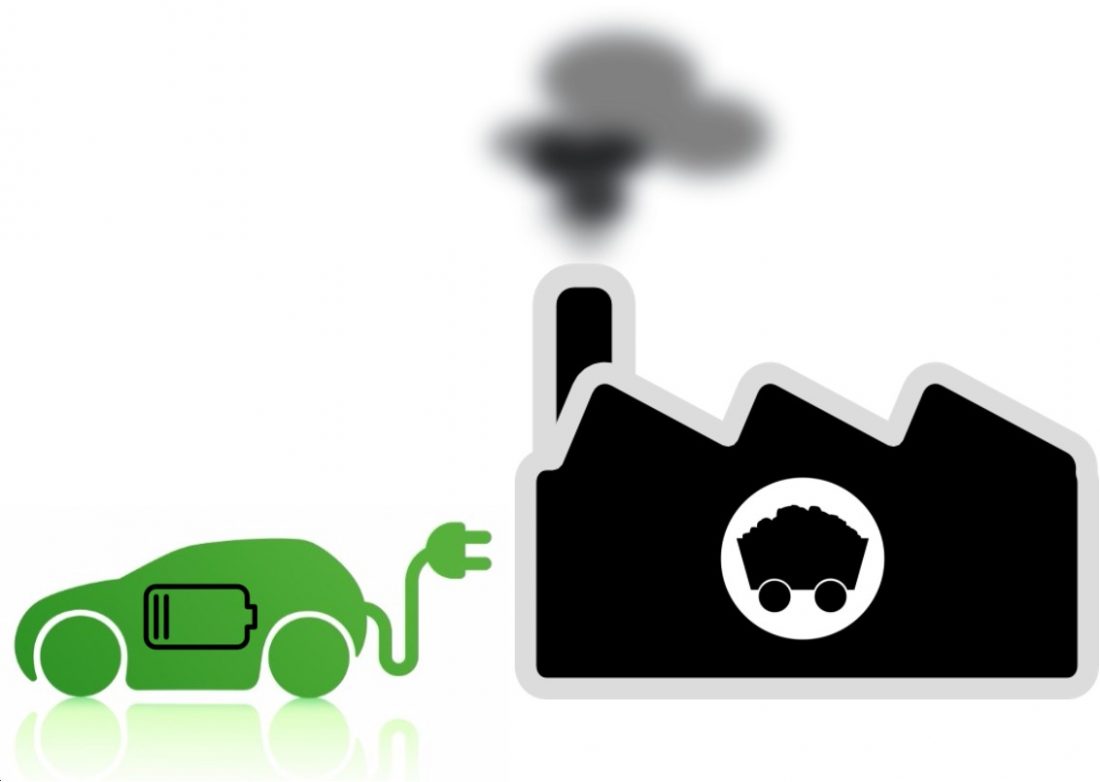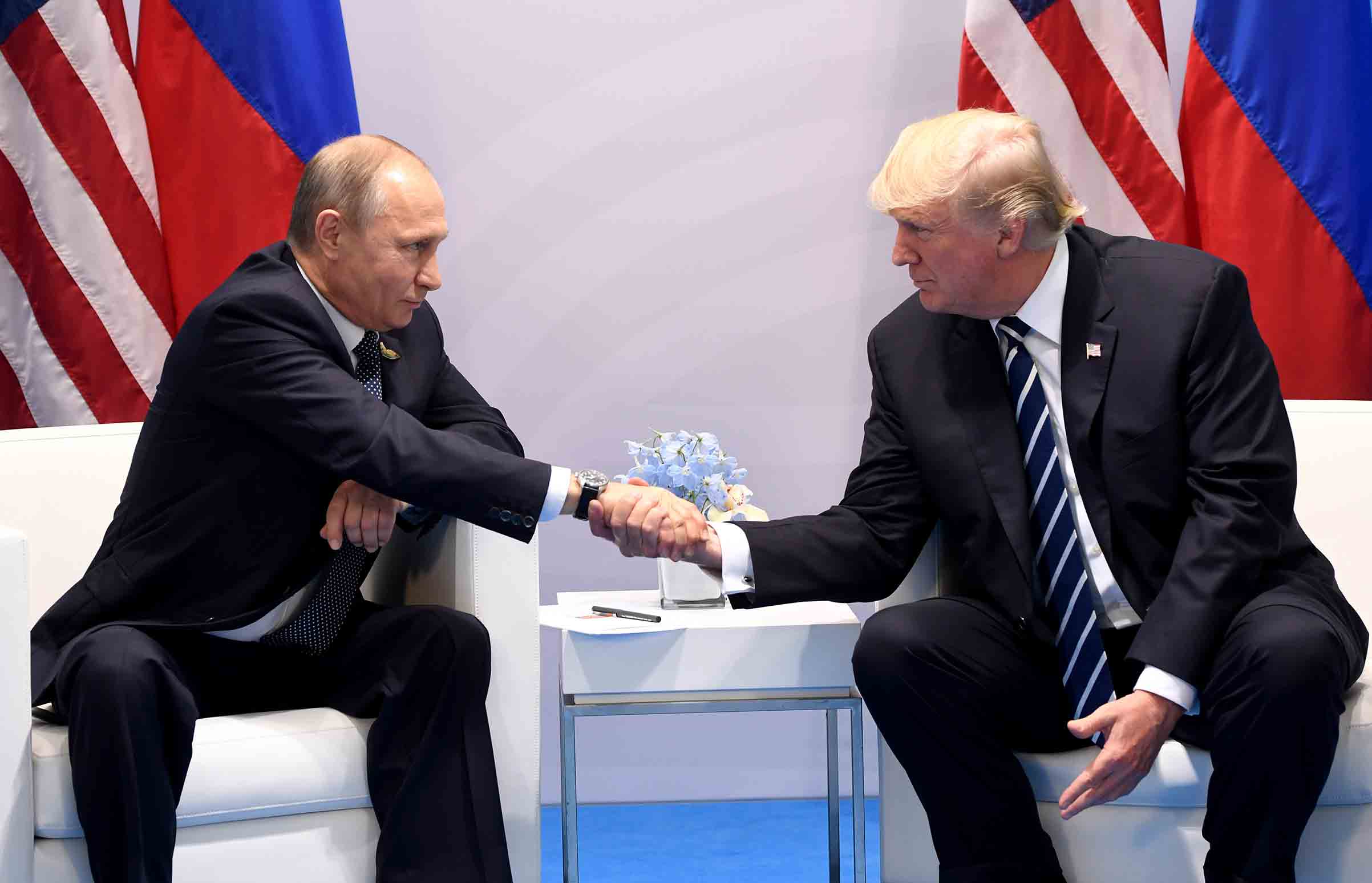By Lavanya Lal, Y11
“We cannot fight 2 wars at the same time” – International committee of the Red Cross, as volunteers and Syrian refugees brace themselves from another threat, this time from the growing pandemic.
It was 2011 when Syria descended into armed conflict. Protests and demonstrations broke out against the Syrian monarch after forty years of rule by the Assad family. These pro-democracy protests suddenly grew in strength after the torture of some teenagers who painted revolutionary slogans on a school wall. In march, the Syrian dictator Bashar al-Assad opened fire against the peaceful protestors. Protests grew all over the country, with heavy protests ensuing in every major city and soon the government was using security forces in an attempt to quell them. However, this only encouraged the citizens to take up arms to protect themselves, leading the country into a civil war.
By June 2013, 90 000 fatalities were reported, with hundreds of thousands displaced from their homes, and by August 2015 the number of deaths had accelerated to 250 000. Today, it is estimated that more than 590 000 people have los their lives with more than 12 million people displaced.
However, the Syrian war isn’t as simple as civilians fighting a war against the government. Throughout the years, the war has divided between several sides, each side is backed up by foreign powers that don’t agree with each other upon who or for what they are fighting for. The involvement of neighbouring countries like Iran, Turkey, Jordan, Saudi Arabia and Russia along with the USA has complicated and worsened the war in every possible way.
Among the chaos of the initial stages of war between the rebels and Assad, a new group had emerged in 2012 called the Kurds. These Kurds were a small indigenous minority from the highlands of South-eastern Turkey, northeastern Syria and northern Iraq. These Kurds demanded a separate nation, and escaped from Assad’s rule.
In 2014, when the USA was still a participant in the war, along with the original rebels, a batch of extremists separated themselves from the rebels due to obvious internal disagreements and started calling themselves ISIS. ISIS fought not only Assad but the rebels and the Kurds as well.
While some found aid in countries like Canada, Germany, Sweden, Austria and USA where many were welcomed and appreciated, millions have been displaced throughout the country or have moved to neighbouring countries like Turkey, Jordan, Lebanon where they were not welcomed and are forced to live in camps with dismal conditions. They are constantly in shortages of various necessities like food and water. The combined efforts of global organisations like the UN, the Red Cross, other NGOs, and relief funds, who are working either by donations or working on ground in these camps, have made basic healthcare and medication only scarcely available to these refugees.
With the new coronavirus crisis, these helpless refugees are haunted by another fear.
Developed countries like the USA, Italy and Spain are struggling to contain the virus; their health systems have collapsed. How will these poor, unhygienic, crowded and war torn areas survive? How can you ask people to stay at home when they don’t have one? How can you ask someone to self-isolate when there is no space to do so? How can you ask people to practice hygiene when they live among garbage and mud? How can you ask patients to receive medical attention when there are no hospitals? How can you ask them to wash their hands when they do not have water or soap?
Though Syria hasn’t yet reported a major wave of coronavirus, there is a possibility that we are not aware of the spread which could have already occurred due to a lack of testing. The testing sources and healthcare are limited, and the existing hospitals are often bombarded with patients. The first known death caused by the virus in Syria was reported on the 29th of March, alarming authorities and panicking the inhabitants.
The UN and the Red Cross have called for immediate ceasefires, though it is uncertain if they will be respected.
A refugee living in a Lebanon camp, interviewed by the BBC, told the media about the painful irony of how though he kept telling his kids to wash their hands only to be scolded for using too much water or soap. He complained that everyone kept telling them to use sanitisers and masks, but that none were supplied to them. These refugees reside in crowded camps, with more than one family living together in small cells. Though actions of the UN and others have provided more water and built isolation wards for those who feel sick, they remain at high risks. It’s even worse for the internally displaced within Syria. They do not have any national authority to guide them, and the resource scarcity is worse, the camps are even more crowded and vulnerable. Moreover, the areas are densely populated, meaning the virus could spread at a rapid rate. As if the fear of a bomb dropping wasn’t enough, these refugees are now facing another terrifying threat looming above their heads, while thousands of civilians live in the war torn country without any shelter, starving for food with coronavirus as least of their worries.



